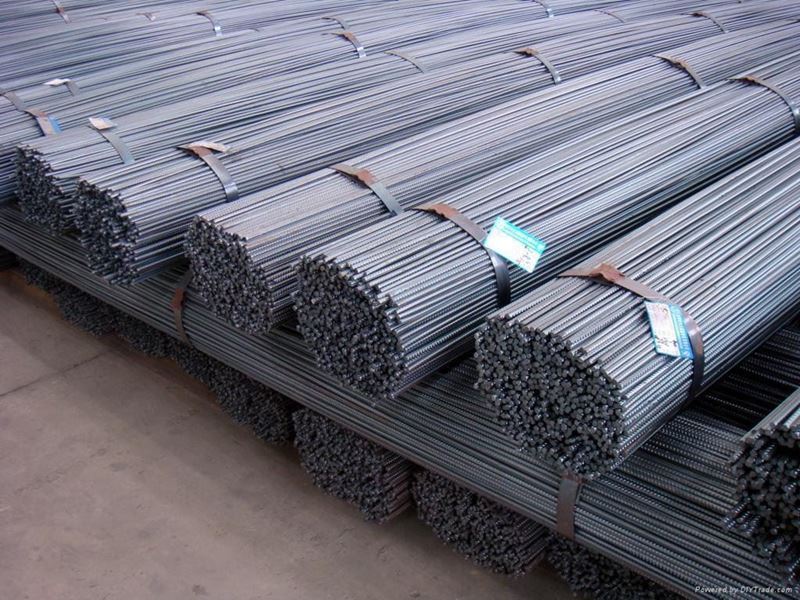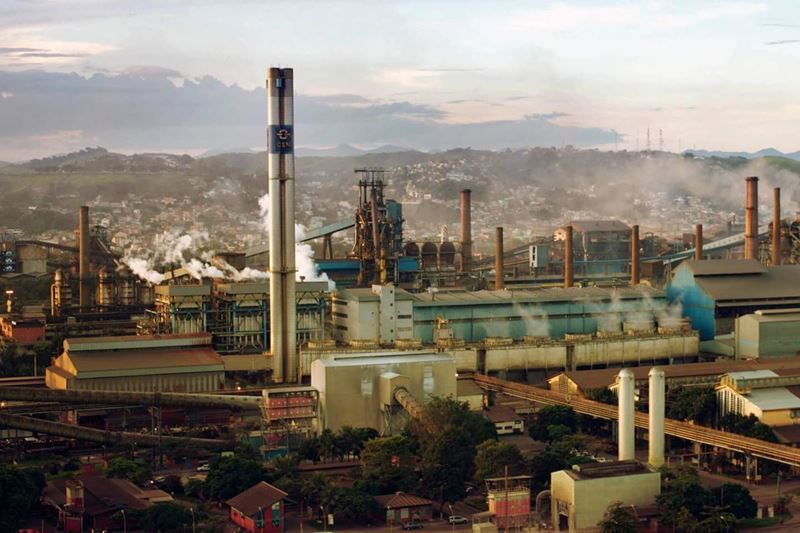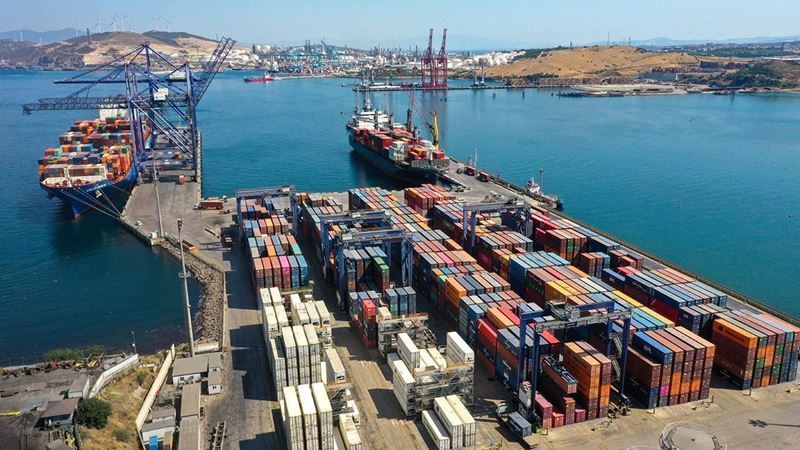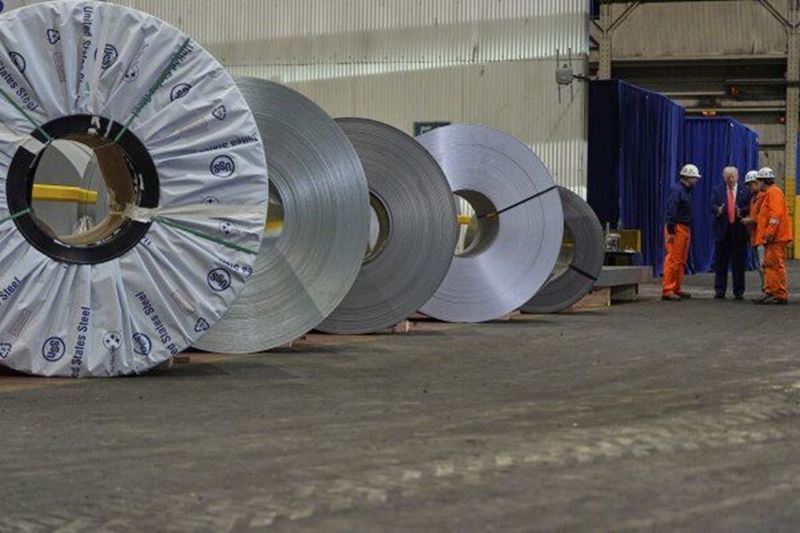Following the announcement by the Iranian Deputy for Commerce and Trade Development that exports through the Shalamcheh, Sumar, and Mehran border crossings were completely banned, it has become clear that the scope of this measure is much broader.
According to information obtained by SteelRadar from trade sources in the region, the ban is not limited to the three specified borders; it has been extended to cover all land borders between Iran and Iraq. Sources noted that the main aim of this decision is to maintain price stability in the Iraqi domestic market.
Combined with the 20% customs tariff that Iraq has applied to Iranian rebar imports for nearly a year, this step has significantly weakened the competitiveness of Iranian products in the country. Iranian steel, which had already been losing market share due to the tariff, has become almost entirely ineffective in the Iraqi market following the new border restrictions.
SteelRadar sources indicate that in the initial stages of the restriction process, a limited number of illegal shipments from Iran to Iraq did occur. However, these shipments were not “commercial” in nature, and most were carried out solely to recover exporters’ funds, sometimes even at a loss. Sources emphasized that as of today, such entries have dropped to almost zero.
Meanwhile, with strengthened local production and increased supply in the Iraqi domestic market, rebar prices have seen a significant decline. Current prices in the country are as follows:
-
Low quality: $555–565
-
Medium quality: $575–590
-
Premium quality: $620–670
Authorities state that the combined effect of the tariff and border restrictions has eased the Iraqi domestic market, and the decline in prices is expected to continue in the coming period.










Comments
No comment yet.